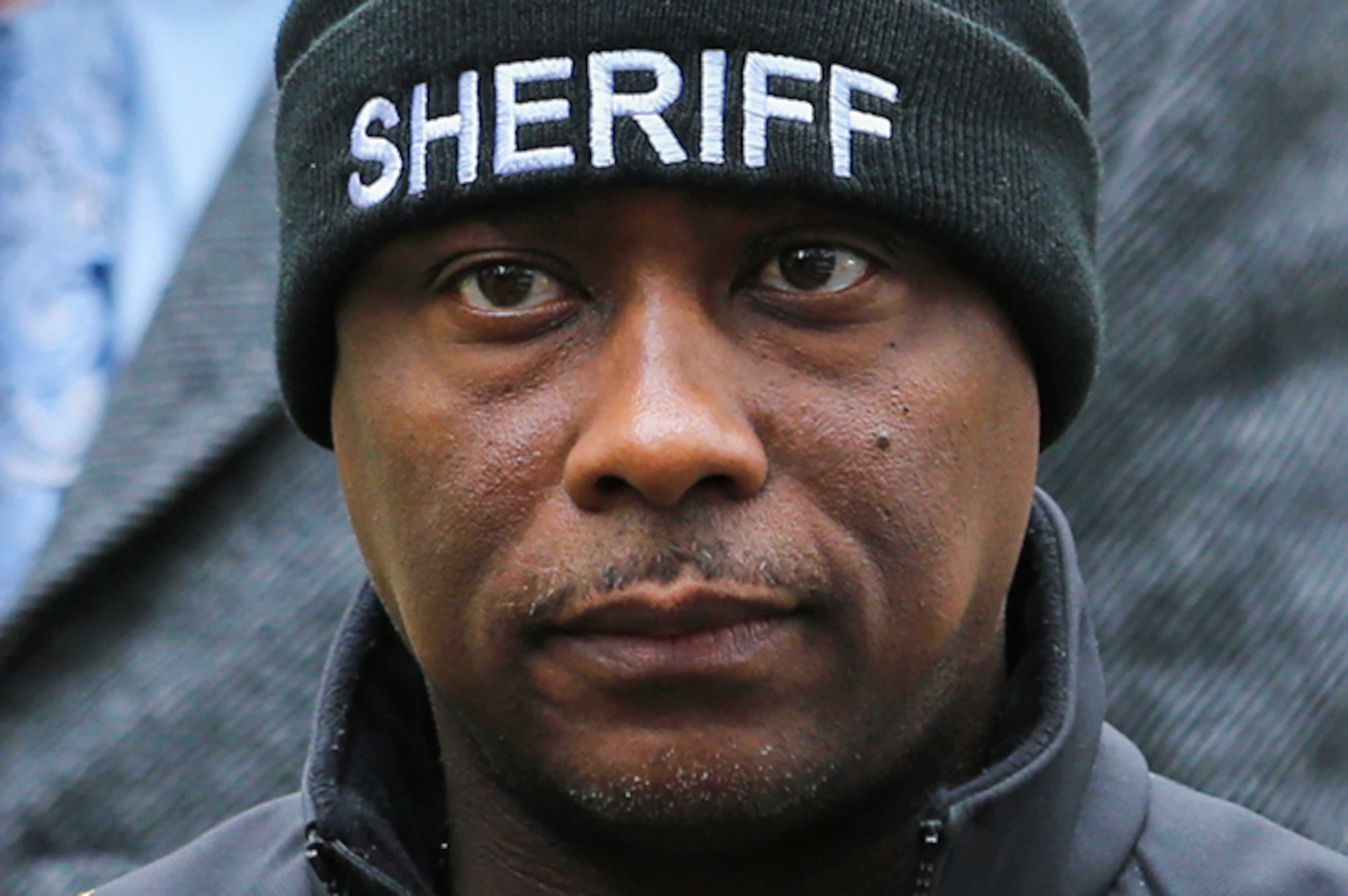'Racist pig’ reprimand: What Hunter’s fellow commissioners had to say

On Tuesday, Gwinnett County's Board of Commissioners voted to publicly reprimand colleague Tommy Hunter, adopting a resolution decrying a "pattern of behavior that fails to adequately consider the good of the county."
The vote in the now-infamous "racist pig" case was unanimous, but each commissioner — except for Hunter, who was not present — made a statement beforehand. They ranged from highly emotional to conflicted.
“While Commissioner Hunter’s comments were unacceptable and damaging, the world is not a ‘safe zone,’ and we cannot stop people from taking advantage of free speech,” one commissioner said.
Find excerpts of each commissioner’s statement below.
More on myAJC.com: VIDEO: Gwinnett commissioners vote to reprimand colleague in 'racist pig' case
More on myAJC.com: Accused politicans try to undermine ethics oversight in Georgia
Commission Chairman Charlotte Nash:
The very idea that we cannot have civil discourse without calling names, without recognizing that there is a place for differences, whether it's differences in cultural backgrounds, our racial background, how we were raised, our home life, our occupation ... We are different. And someone mentioned something about, 'Can we not just be members of the human race?' The differences should not divide us. The differences can make us stronger.
“I know our marriage, my husband and my marriage, is stronger because we are different. ...We are a stronger unit. And I have every, every confidence that Gwinnett County is stronger because of the differences that we have, which don't have to divide us.
"...The more I get to know people of different backgrounds, the more I realize at the basic level, we are so much alike. We have so much in common. And what I have, in listening to all of you talk, and I have listened very carefully. I read the comments, I got all the emails, messages that were left by phone, I have tried to take all of that into consideration and think not just about this one situation but about much broader more far-reaching ways.
“We have diversity. I think we have a good deal of work to do on inclusiveness.”
District 1 Commissioner Jace Brooks:
“... I have been clear from the beginning that Commissioner Hunter’s comments were not appropriate. They are not appropriate for anyone, but especially not for someone in a leadership position. As elected officials, we are held — and should be — to a higher standard in our discourse and should always bear that in mind in our actions.
“I believe that Commissioner Hunter’s comments undermined his leadership position [and] influence and significantly damaged our public trust. As a result, I was in favor from the beginning of a public reprimand and, even though Commissioner Hunter has publicly apologized for his comments to Congressman John Lewis, I still support a public reprimand. Nevertheless, I serve a God full of mercy and compassion and healing and forgiveness, and, therefore, I believe this reprimand should promote forgiveness and healing and should encourage Commissioner Hunter to take steps which lead to a healing and rebuilding of the public trust.
MORE: 13 controversial Facebook posts by Gwinnett Commissioner Tommy Hunter
MORE: Gwinnett ethics board recommends public reprimand in 'racist pig' case
“Let me be clear, though. While I support a public reprimand and greatly appreciate the time and effort put forth by the ethics board, I disagree with their finding that Commissioner Hunter’s comments rise to the level of an ethics violation. I do not believe that our ethics code was ever intended to be used to censor a public official’s comments made in his [or] hers personal or private citizen’s role. In fact, the ethics board itself stated, ‘It is apparent from a review of the Ethics Code as a whole that its primary purpose is to eliminate public corruption, actual or perceived conflicts of interest, financial misconduct, political recrimination or favoritism, retaliation and coercion, undue influence, and the like. In addition, Section 54-24 — the only section which the Complaint is based — appears as an introductory provision of the Ethics Code preliminary to the more specific provisions and, in some respects, could be regarded as more aspirational than substantive.’
“While Commissioner Hunter’s comments were unacceptable and damaging, the world is not a ‘safe zone,’ and we cannot stop people from taking advantage of free speech — nor should we.”
District 2 Commissioner Lynette Howard:
“A lot of people have asked me what I thought about this and Tommy having his First Amendment rights to say what he wants to say. That's actually true and I hold that very valuable. I think it really means, though, that you have the ability to criticize your government and how you're governed. I think that's what our founding fathers really truly meant by your First Amendment right.
“And so, I think that if you want to hold it true that Tommy has a right to criticize, then that's his right. But as a sitting commissioner, I think that ... each one of us is voted on for our ability to have good judgment.
“And so, I think with Tommy, the words that he wrote showed bad judgment. I think that what he said against John Lewis is bad judgment. I think that what he said about constituents that don't think like him was also bad judgment. I think that him getting up and leaving the meetings and leaving the rest of us to listen to you — which I'm very grateful for everyone who came and spoke — also showed bad judgment.
“He continues it on and on in several ways. He hires people that go and, instead of addressing what you had as your concerns ... showed bad judgment in having somebody that just didn't really help the situation and made it worse. And he has recently hired an attorney and has sued Gwinnett County. That's also showing bad judgment.”
District 4 Commissioner John Heard:
“I went to Mr. Hunter [when his controversial Facebook posts first came to light] and I told him at that time that I thought his actions and his posting were unacceptable. I told him that I was very concerned that he was doing damage to the image of Gwinnett County. As I've promoted for the past five, six years, my goal is for Gwinnett County to be best place to do business in the country. And I think we've made some great strides in that direction. But what happened was absolutely counterproductive to that.
“Then during the life of these public comment sections, I have evolved in my thinking and I’ve grown and I've learned ... These events have absolutely made me stronger and I think have made me a much better person. The reason is I have gained a tremendous amount of respect for each and every one of you guys that have shown your conviction of purpose and your courage to come before this group. I have utmost respect for each and every one of you. What I learned from what y'all have shared with us is a phenomenon that I didn't really understand, of white privilege.

“One of the ladies recommended that we read ‘Waking Up White’ [a non-fiction book about white privilege]. I did that and I learned a tremendous amount from that. Being born and raised in north Georgia, I didn't realize what white privilege really meant, and I don't know that I still do. But I've come a long way in understanding some of it. I do know that the strength of Gwinnett County, the 21st century Gwinnett that [protester Teddy Murphy] spoke of, is something that we are addressing. The Gwinnett of the 21st century is strong because of our diversity. It is the best asset we have. And if we don't embrace it, we don’t acknowledge it and advertise it, we're losers for it.”



